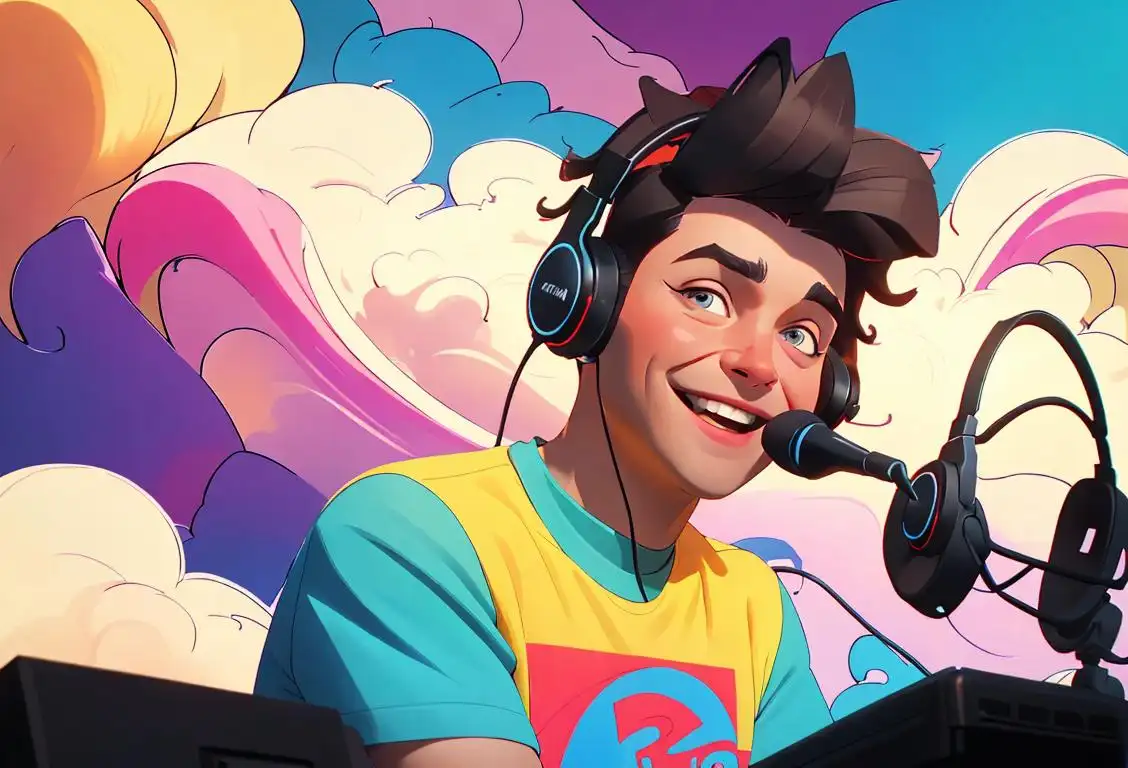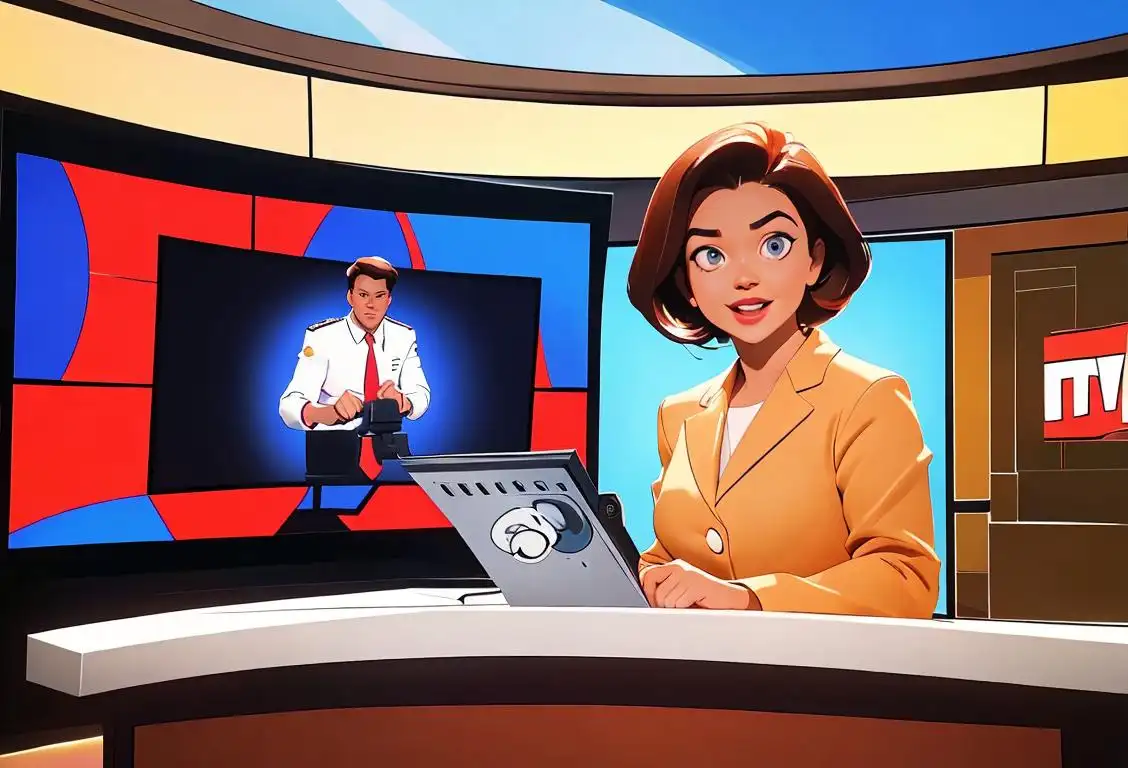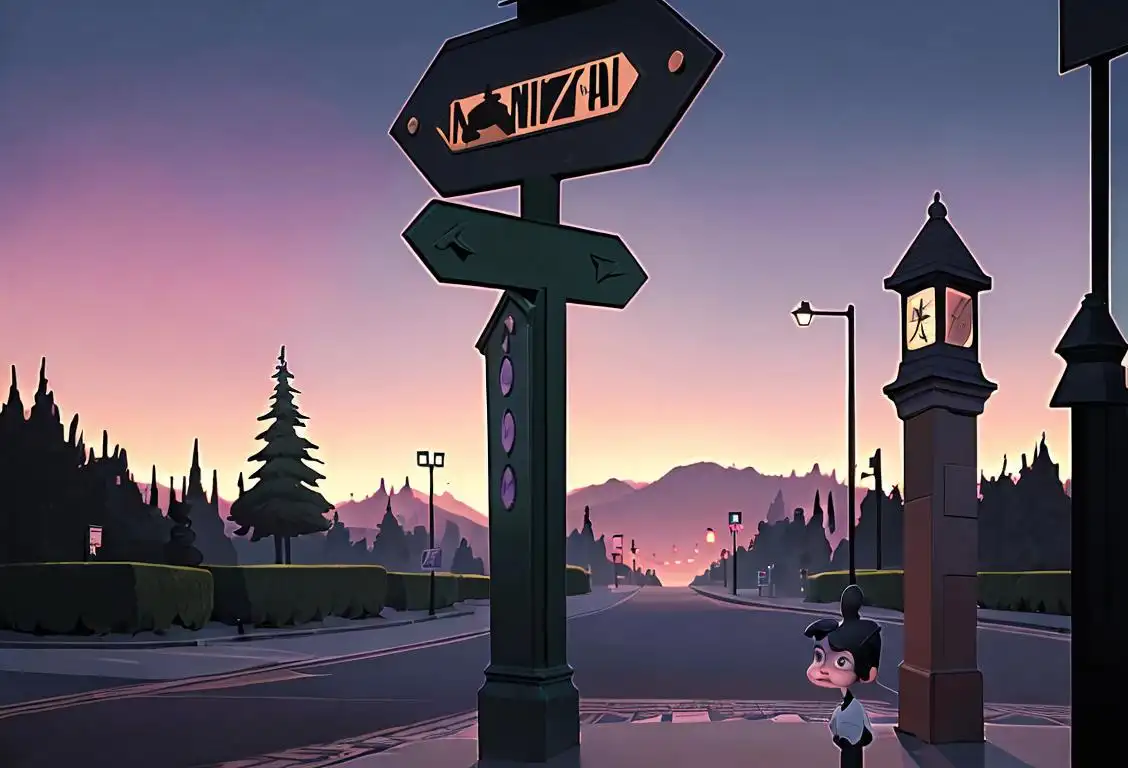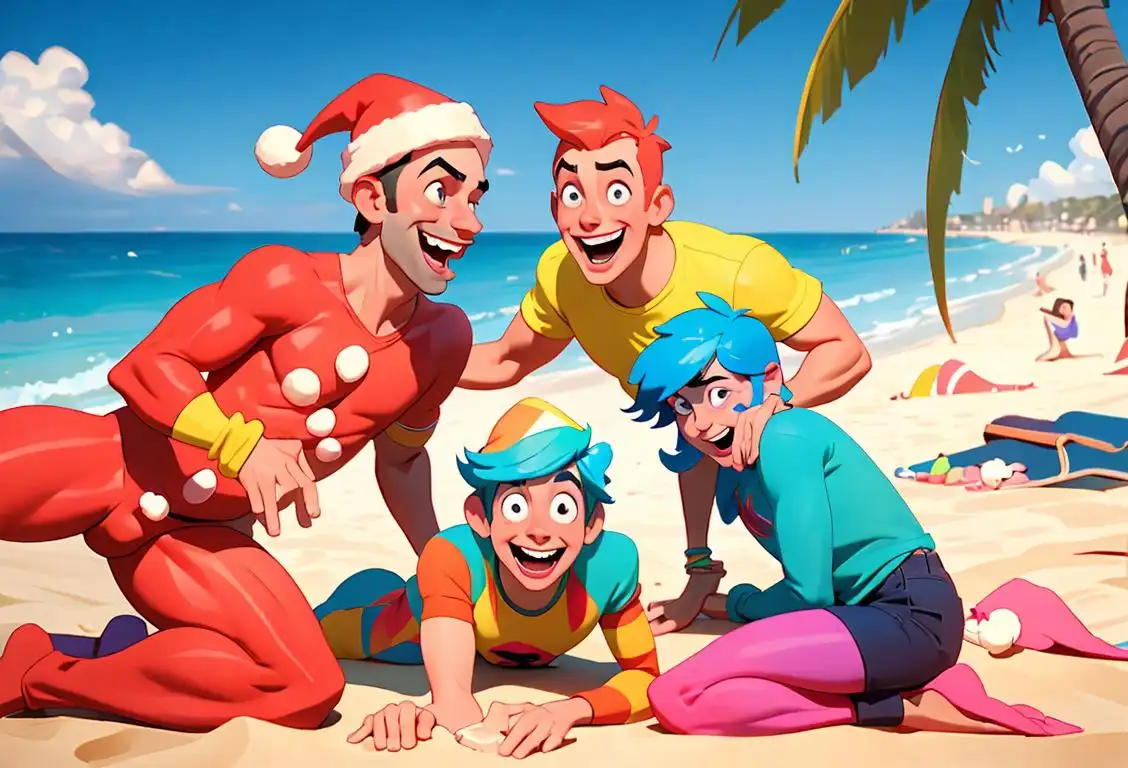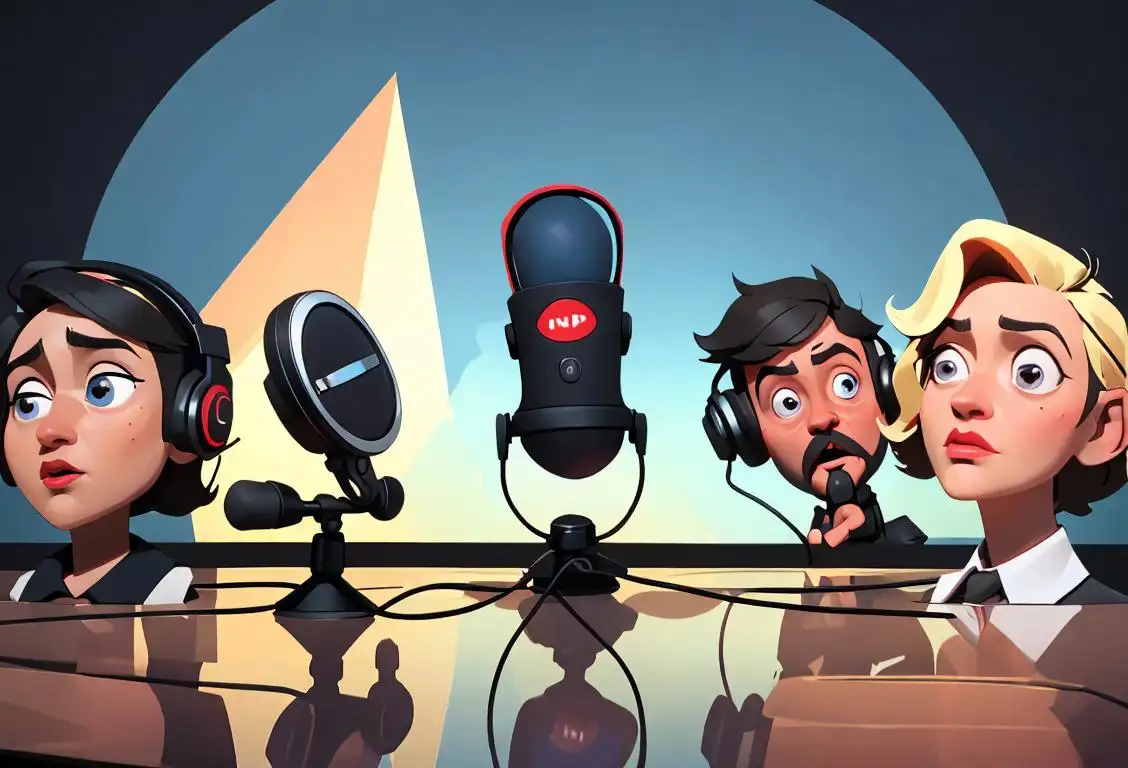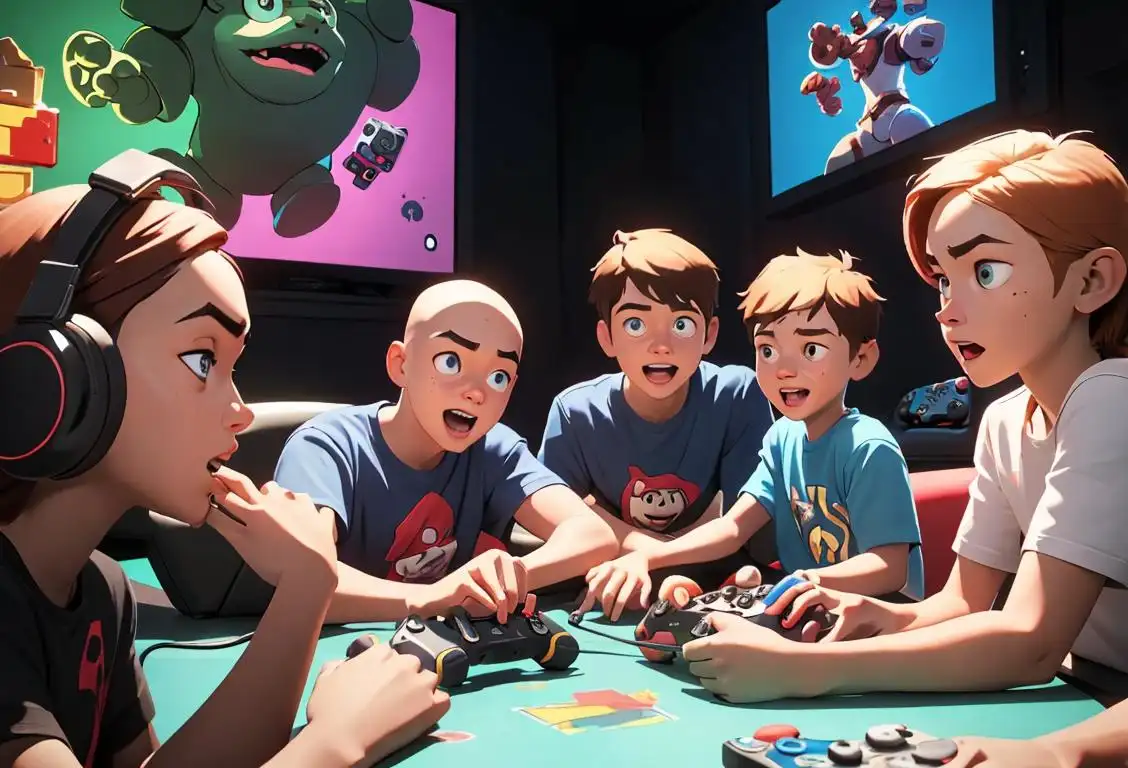National Talk Show Host Day

Ah, National Talk Show Host Day, a day to celebrate those charismatic individuals who dominate the airwaves and keep us entertained with their witty banter and endless monologues. Whether it's the familiar faces on our favorite late-night shows or the talk radio hosts who fuel our morning commutes, these folks deserve a dedicated day of recognition. So, let's dive into the fascinating world of talk show hosts and discover what makes them so special!
When is Talk Show Host Day?
It's national talk show host day on the 23rd October.
The Rise of Talk Show Hosts
From the early days of radio to the digital age of podcasts, the role of the talk show host has evolved significantly. Back in the early 20th century, radio talk shows gained popularity as a way to engage and entertain audiences. The hosts were the voices of authority, keeping people informed about the latest news, discussing current events, and interviewing fascinating guests.
With the invention of television, talk show hosts became even more prominent. Shows like 'The Tonight Show' and 'The Oprah Winfrey Show' became household names, with hosts such as Johnny Carson and Oprah Winfrey capturing the hearts of millions.
In recent years, the internet has revolutionized the talk show host landscape. Podcasts have taken the world by storm, allowing anyone with a microphone to become a host. The rise of social media has also given these hosts a platform to connect directly with their audience in ways never before possible.
The Talk Show Host's World
A day in the life of a talk show host is no easy feat. They must be quick on their feet, witty, and able to hold engaging conversations with a wide range of guests. It's a high-pressure job that demands charisma, intelligence, and a genuine curiosity about the world.
Talk show hosts play an essential role in shaping public opinion. They have the power to influence conversations, spark debates, and even impact political landscapes. Through their interviews and monologues, they bring attention to important topics and give a voice to those who often go unheard.
Did You Know?
Did you know that the late-night talk show format, with its monologue followed by guest interviews, was pioneered by Steve Allen in the 1950s? He set the standard for what we now consider the traditional late-night talk show.
History behind the term 'Talk Show Host'
1950
Birth of the Television Talk Show
In the year 1950, the television talk show was born. This type of program was a new and innovative concept that aimed to engage viewers by featuring engaging conversations and interviews with influential individuals. These early talk shows provided a platform for guests to discuss various topics, including current events, entertainment, politics, and social issues.
1962
Introduction of Johnny Carson
The year 1962 marked a significant milestone in the history of talk shows with the introduction of Johnny Carson as the host of 'The Tonight Show.' Carson's charismatic personality and quick wit contributed greatly to the popularity of the show, paving the way for other talented hosts to follow. His long tenure as a talk show host set a high standard for future hosts and solidified the importance of the role in popular culture.
1980s
Expansion of Talk Shows
The 1980s witnessed a tremendous expansion in the realm of talk shows. With the advent of cable television and the proliferation of syndicated programming, talk shows diversified in their formats and content. Hosts like Oprah Winfrey and Phil Donahue emerged as influential figures, tackling sensitive issues, and bringing compelling stories to a broad audience. This era witnessed an increased focus on self-help topics, human-interest stories, and celebrity interviews.
1993
Debut of Late-Night Talk Shows
In 1993, the late-night talk show landscape experienced a transformative moment with the debut of 'Late Night with Conan O'Brien.' This marked a shift in late-night programming to a younger demographic, introducing fresh humor and a new generation of hosts. Alongside other popular hosts like David Letterman and Jay Leno, O'Brien played a significant role in shaping late-night talk show culture and influencing subsequent generations of hosts.
21st Century
Diversification and Digitalization
In the 21st century, the role of a talk show host expanded beyond traditional television platforms. The proliferation of the internet and social media allowed for the rise of digital talk shows and podcasts. Hosts such as Jimmy Fallon, Ellen DeGeneres, and Joe Rogan established themselves as digital pioneers, leveraging their online presence to complement their television shows. This era brought about a diversification of hosting styles and a broader range of topics explored.
Did you know?
Did you know that the late-night talk show format, with its monologue followed by guest interviews, was pioneered by Steve Allen in the 1950s?Tagged
fun entertainment mediaFirst identified
23rd October 2016Most mentioned on
23rd October 2019Total mentions
28Other days
Enquirer Every Day
Talk Show Host Day
Broadcast That Day
Tv Interview The Day
Tv Station Rounded Up News Session For The Day
Twilight Zone Day
Best Dick Day
Sport Day
Podcast Day
Video Games Day

